
Gretchen Parlato
Ronne Scott’s , Sunday November 14th 2010, part of London Jazz Festival, Review by Sarah Ellen Hughes, Photo Credit: Jeaneen Lund)
Ronnie Scott’s had a full house for Gretchen Parlato‘s London Jazz Festival gig, the audience scattered with some of London’s best vocalists – a sure indication of Parlato’s rapidly growing reputation as a top jazz singer. I had approached this gig with excitement mixed with trepidation, having wondered whether I would find her reserved way of singing to be tiresome. Not a bit. I was charmed and spellbound.
The tunes were mainly from her latest album In A Dream, plus a few foretastes of albums to come. There was not a standard to be seen: she isn’t a standards singer. At only 34 years of age, Parlato has ‘found her sound,’ – an intriguing style with hints of a young Björk or Alanis Morisette, delivered with the freedom of Astrud Gilberto or Chet Baker. In a standards world it’s bold, it’s different and she does it well.
Parlato oozes rhythmic confidence. She’s a girl who feels the beat through her whole body. She has developed a signature hand clap – clapping half beats while singing the melody freely – which is so impressive, and blurs the lines for the listener between singer and instrumentalist.
The first of three Brazilian tunes, Doralice by João Gilberto, was accompanied just by the drums, and by Parlato playing the double caxixi (a basket-type maraca with two heads) – one in each hand. It was brilliant, and generated the first loud cheer of the night.
Parlato sang the Brazilian songs in flawless Portuguese – she has a slightly nasal tone anyway, which is perfect for an authentic Portuguese delivery. As an introduction to each song, she gave us a quick English translation in her delicate sing-song voice. What a simple yet clever way of ensuring that the audience can follow the meaning and still hear the song the way it was meant to be heard: quite often with Portuguese songs, the English lyric is re-written to fit with the melody, scan and rhyme, so much so that the original poetry of the Portuguese is lost.
Parlato’s intimate sound means that sometimes the diction suffers a bit, which frustrated me somewhat as I feel the lyric is the most important gift a singer has. Her vocal line is introverted, but not indulgent – rather understated and mesmerising, and is delivered with a beguiling little smile.
Parlato’s voice is enhanced by breathy sounds that are as much part of the delivery as the actual notes. Tongue clicks interspersed with consonant-less scatting showcase Parlato’s confidence in performing the first 16 or more bars of a song by herself, never losing time or pitch.
The cleverly-chosen set featured songs by Herbie Hancock, SWV and Björk, and a couple of tunes written in collaboration with Robert Glasper – either arranged by him or with his music and her lyrics. Somehow she made Stevie Wonder’s I Can’t Help It sound entirely original, like a Parlato composition. Captivating!
Not that this was a one-woman show. There was a display of equal expertise from each musician on stage. Otis Brown III on drums opened the second set with the most amazing drum solo: elaborate, dynamic and imaginative. Aaron Parks on piano produced a spell-binding accompaniment to Bjork’s Come to Me – which in turn was the first tune where Parlato was applauded mid-song for her individual creativity. And bassist Alan Hampton performed his showpiece with a sheet of paper tucked into his strings, creating a percussive sound – a little like a sizzler cymbal – and making for a terrific duet with Parlato’s double caxixis again.
The band finished with a third Brazilian song: a rousing melody with possibly the most depressing English translation I’ve ever heard: “Our love used to be a garden… now there’s nothing there but dirt… even the weeds don’t grow.” For some reason our British audience found the description of this to be very funny! In this tune, at last, the pipes opened and we heard a glimpse of passion and surely the jazz voice that won her the Thelonious Monk competition six years ago.
Parlato is an original. She forces us to re-think some of the basics of what jazz singing is about. And that can only be a very good thing.
Ronne Scott’s , Sunday November 14th 2010, part of London Jazz Festival, Review by Sarah Ellen Hughes, Photo Credit: Jeaneen Lund)
Ronnie Scott’s had a full house for Gretchen Parlato‘s London Jazz Festival gig, the audience scattered with some of London’s best vocalists – a sure indication of Parlato’s rapidly growing reputation as a top jazz singer. I had approached this gig with excitement mixed with trepidation, having wondered whether I would find her reserved way of singing to be tiresome. Not a bit. I was charmed and spellbound.
The tunes were mainly from her latest album In A Dream, plus a few foretastes of albums to come. There was not a standard to be seen: she isn’t a standards singer. At only 34 years of age, Parlato has ‘found her sound,’ – an intriguing style with hints of a young Björk or Alanis Morisette, delivered with the freedom of Astrud Gilberto or Chet Baker. In a standards world it’s bold, it’s different and she does it well.
Parlato oozes rhythmic confidence. She’s a girl who feels the beat through her whole body. She has developed a signature hand clap – clapping half beats while singing the melody freely – which is so impressive, and blurs the lines for the listener between singer and instrumentalist.
The first of three Brazilian tunes, Doralice by João Gilberto, was accompanied just by the drums, and by Parlato playing the double caxixi (a basket-type maraca with two heads) – one in each hand. It was brilliant, and generated the first loud cheer of the night.
Parlato sang the Brazilian songs in flawless Portuguese – she has a slightly nasal tone anyway, which is perfect for an authentic Portuguese delivery. As an introduction to each song, she gave us a quick English translation in her delicate sing-song voice. What a simple yet clever way of ensuring that the audience can follow the meaning and still hear the song the way it was meant to be heard: quite often with Portuguese songs, the English lyric is re-written to fit with the melody, scan and rhyme, so much so that the original poetry of the Portuguese is lost.
Parlato’s intimate sound means that sometimes the diction suffers a bit, which frustrated me somewhat as I feel the lyric is the most important gift a singer has. Her vocal line is introverted, but not indulgent – rather understated and mesmerising, and is delivered with a beguiling little smile.
Parlato’s voice is enhanced by breathy sounds that are as much part of the delivery as the actual notes. Tongue clicks interspersed with consonant-less scatting showcase Parlato’s confidence in performing the first 16 or more bars of a song by herself, never losing time or pitch.
The cleverly-chosen set featured songs by Herbie Hancock, SWV and Björk, and a couple of tunes written in collaboration with Robert Glasper – either arranged by him or with his music and her lyrics. Somehow she made Stevie Wonder’s I Can’t Help It sound entirely original, like a Parlato composition. Captivating!
Not that this was a one-woman show. There was a display of equal expertise from each musician on stage. Otis Brown III on drums opened the second set with the most amazing drum solo: elaborate, dynamic and imaginative. Aaron Parks on piano produced a spell-binding accompaniment to Bjork’s Come to Me – which in turn was the first tune where Parlato was applauded mid-song for her individual creativity. And bassist Alan Hampton performed his showpiece with a sheet of paper tucked into his strings, creating a percussive sound – a little like a sizzler cymbal – and making for a terrific duet with Parlato’s double caxixis again.
The band finished with a third Brazilian song: a rousing melody with possibly the most depressing English translation I’ve ever heard: “Our love used to be a garden… now there’s nothing there but dirt… even the weeds don’t grow.” For some reason our British audience found the description of this to be very funny! In this tune, at last, the pipes opened and we heard a glimpse of passion and surely the jazz voice that won her the Thelonious Monk competition six years ago.
Parlato is an original. She forces us to re-think some of the basics of what jazz singing is about. And that can only be a very good thing.
Categories: miscellaneous


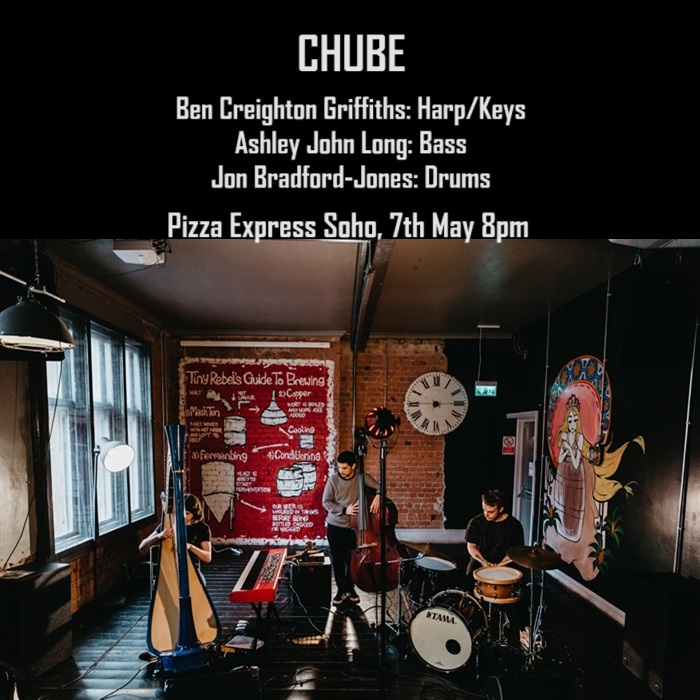


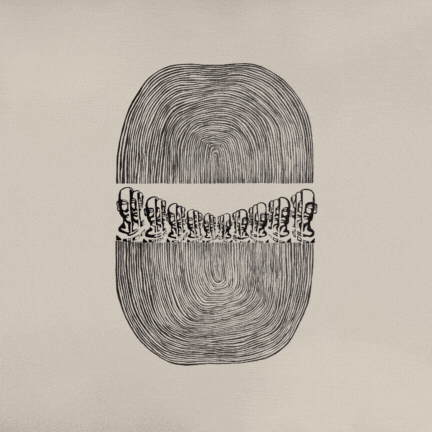


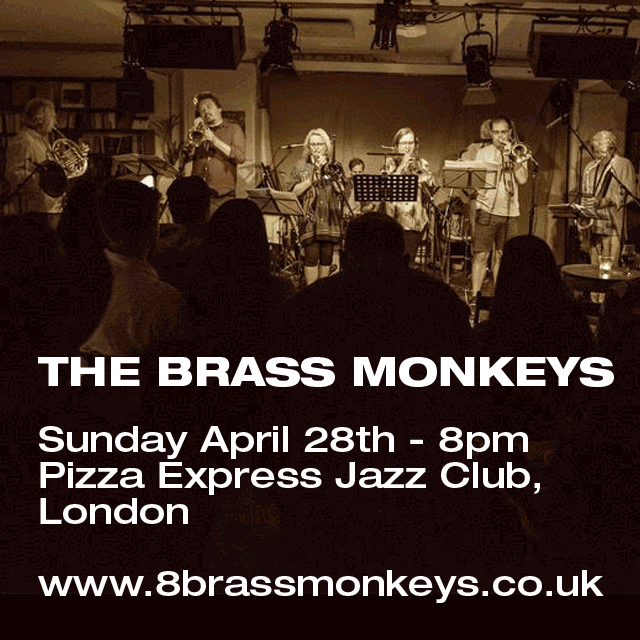
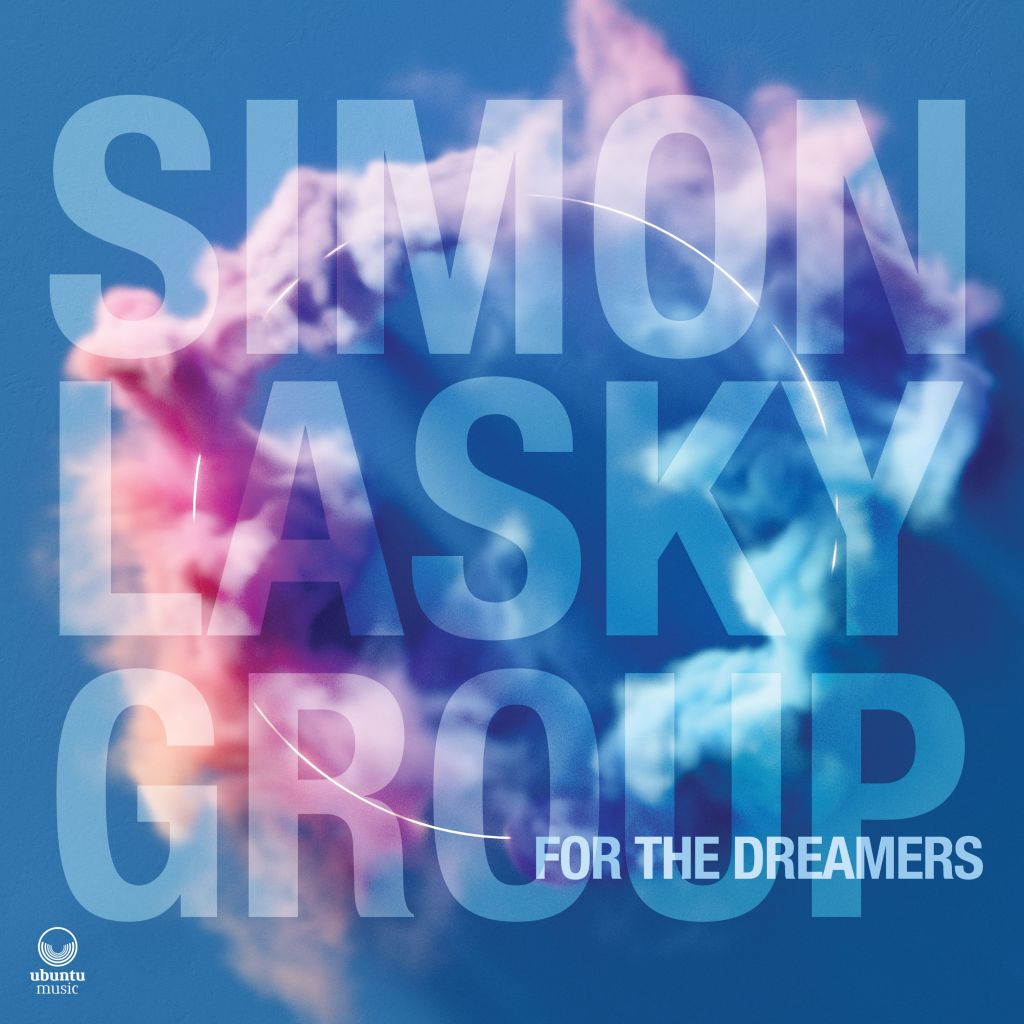
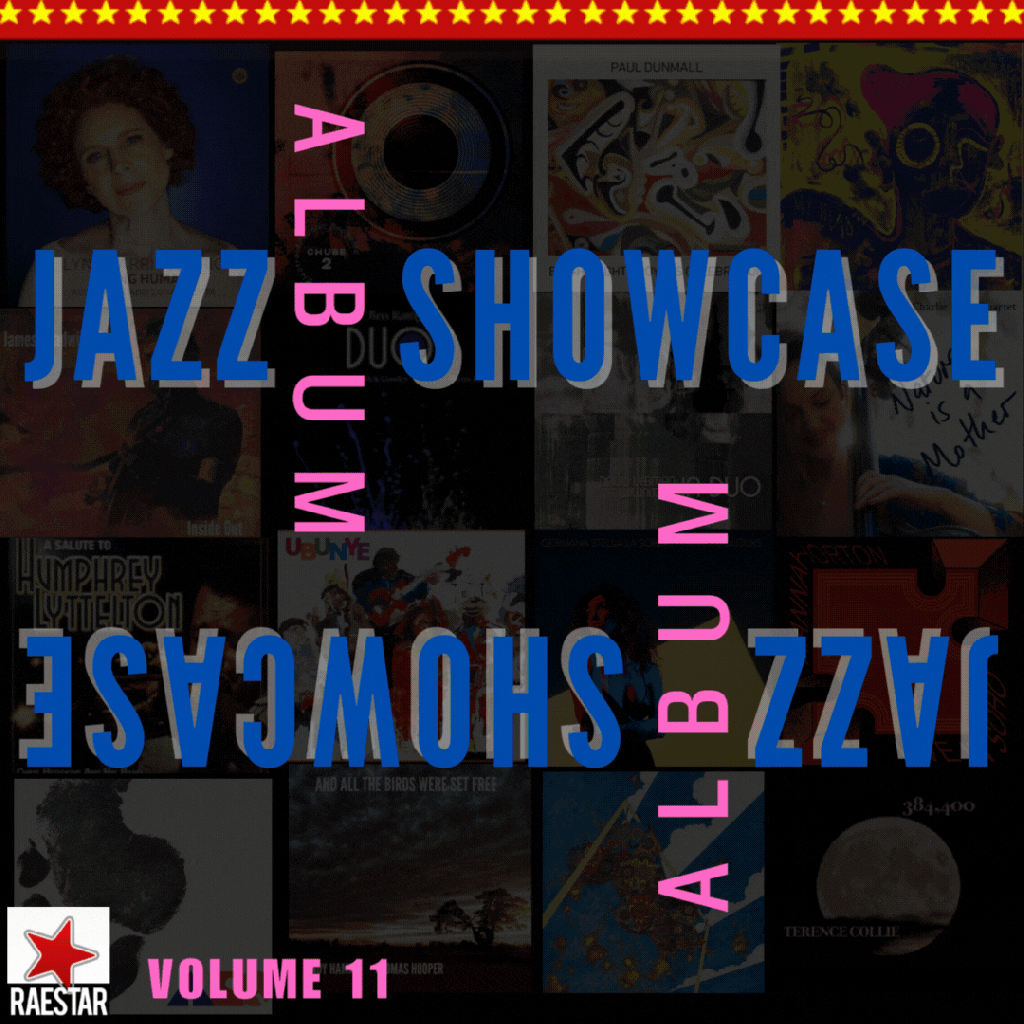

Didn't she sing “Spring Is Here” that Rodgers and Hart standard?
She's is great! I have such a singer's crush !!
Saw her live at Ronnie's… amazing!
She is the most original vocalist to appear since Sidsel Endresen
Excellent gig and a great review!
-Anonymous (1) That's a fair cop. Rodgers and Hart could claim paternity of Spring is Here with a DNA test, but Sarah tells me there are a lot of other influences jangling in the bloodstream too. Hope you liked the review.
-China thank you and I'm looking forward to Saturday
-Anonymous(2) YAY!
-Ewen please develop that thought, it sounds interesting!
-Shez thanks, you're a mate.
Good review, spot on. I am still humming tunes she sang…she was quite simply, BRILLIANT!!
Hoping Santa will be delivering her CD in my stocking.
Great review Sarah. I missed her at Ronnie's but caught the Radio 3 recording in the middle of her rendition of Hancock's Butterfly. This is one of my favourite compositions of his and I was knocked for six by her rendition. Delighted to see she makes a serious jazz piece out of the Stevie Wonder / MJ tune too. I've listened to her album literally every day since!